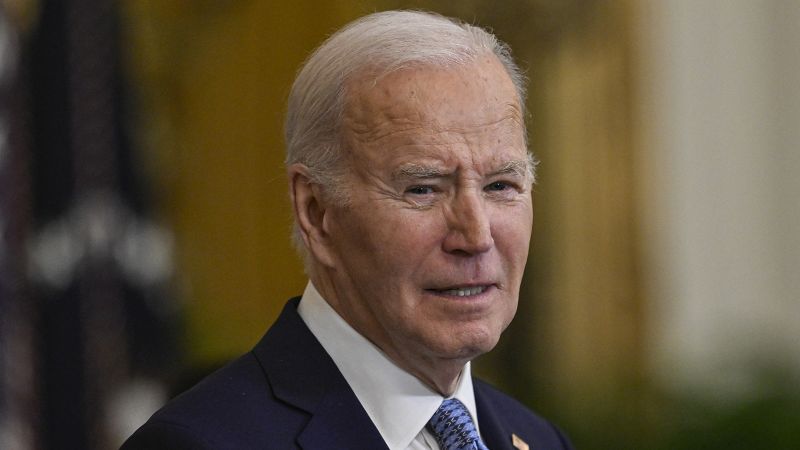President Joe Biden signed a one-week extension for federal aviation programs ahead of a key deadline, using the autopen while traveling in San Francisco to avoid a lapse in funding. The bipartisan Federal Aviation Administration funding extension bill was transmitted to the White House Friday afternoon and was passed by the Senate on Thursday night. President Biden has previously used the autopen to sign legislation while traveling abroad, including a $40 billion Ukraine aid package in 2022 and a bill to avert a government shutdown while on vacation in St. Croix.
The Senate also approved a bipartisan FAA reauthorization bill that renews the agency’s authority for the next five years. The House will need to pass the legislation next. The bill aims to enhance aviation safety, protect passengers and airline workers, and invest in airport and air travel infrastructure nationwide. It authorizes more than $105 billion in funding for the FAA and $738 million for the National Transportation Safety Board for fiscal years 2024 through 2028. The legislation includes provisions to address the shortage of air traffic controllers, strengthen consumer protections for flight cancellations and delays, and implement technology to reduce runway collisions.
Although there is broad bipartisan support for the legislation, contentious debate has arisen over some provisions. One point of contention is the inclusion of more longer-distance flights in and out of Reagan National Airport outside Washington, DC, which a group of Washington area Senate Democrats oppose. They sought an amendment vote to remove it from the package but ultimately did not receive votes on amendments. Lawmakers have differing opinions on whether adding flights will benefit consumers by providing more choices and lowering prices, or if it will lead to increased congestion and delays at the airport.
The House now has until next week to pass the Senate-approved, five-year reauthorization bill and send it to President Biden’s desk for final approval. The legislation seeks to strengthen aviation safety, protect passengers and airline workers, and invest in airport infrastructure. It addresses a range of issues such as the air traffic controller shortage, consumer protections for flight cancellations and delays, and technology to reduce the risk of runway collisions. While there is broad bipartisan support for the bill, disagreements have arisen over specific provisions, such as adding more longer-distance flights at Reagan National Airport.


